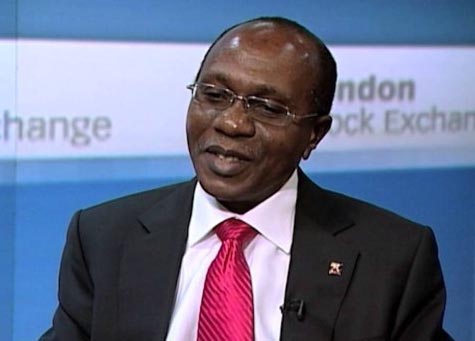
If you see a banker jump out of the window; follow him. There must be money in it.” Anonymous.Once upon a time, that was considered good advice. Bankers, in those halcyon days, could do no wrong. They had a sure nose for sound investments from which to profit. For decades in Nigeria the wisest investment a banker could make was in oil and gas.
So, bankers literally jumped out of the window to get their own pieces of the action in oil and gas. Money in local and foreign currency flowed into their coffers; so much so, they could, like Gowon in the 1970s say “Money is not our problem, but, how to spend it”.
What better way was there to spend it than to invest in more oil and gas ventures? If one goose lays a golden egg a day, surely two birds will lay two eggs a day; three layers will produce three eggs – ad infinitum.Unfortunately, life does not always move in straight lines. Sometimes it is like a boomerang; the stuff you throw out, turn your back and which returns to crack your skull.
It was one of our brightest and best bankers, Mr Atedo Peterside, who during the debate on banking Con-SOLUDO-tion, who warned his fellow bankers, lining up to support Professor Soludo, that it is easier for an economist to understand banking than for a banker to understand economics. He earned my everlasting gratitude for that frank admission – as an economist naturally.
Economics is full of paradoxes. At least two of them are responsible for the dire situation facing the banks in 2016. The first is the idea of economic cycle. Plainly stated, it means that nothing lasts for ever – neither good times nor bad periods. When global or national economic boom occurs the incentive is there for more investors to enter the key sectors and for those already there to expand.
When the global price of crude, driven by double digit GDP growth in China, India, Russia and near eight per cent in Brazil, Indonesia and South Africa, shot up to $145 per barrel in 2008/9 there were speculations that it might eventually reach $200 per barrel. The frenzied search for more oil deposits globally was only equaled by the famed search for gold in Colorado in America’s early days.
Every puddle containing a “spoonful” of crude became valuable and more crude oil was pumped into the world than ever in history. Even the export embargo placed on Iran and Libya’s inability to produce were unnoticed by a world swimming in the “black gold”. Come to think of it, when was the last time oil was called “black gold”?
Crude started to lose steam as several countries in Europe went into economic recession and Greece twice threatened to default on loans. This was followed by economic slowdown in other countries as well – Nigeria is as good an example as one can get. From annual growths of 6.5% to 7.2% in 2008 to 2014 — the best racer on the continent during the period — our country crawled to 2.8% growth in the first three quarters of 2015.
China is expecting less than 5% growth, Brazil and Russia are in recession and Saudi Arabia has a $200bn budget deficit to manage. Suddenly, the gold had become dross on our hands globally. Another economic principle which explains why all the banks might suffer the consequences of “Group Think” is called the “Fallacy of Composition”. Again simply explained, it warns economic units that if one or two profit from a venture and later everybody else joins disaster will follow.
We are all familiar with drivers on Nigerian roads in a hold up. Suddenly, one driver peels off and goes down the wrong way which is free and beats the traffic jam. Then two others follow down the wrong way. Soon every vehicle is going down the wrong way and standstill occurs – until Road Safety comes to restore sanity. When all the banks in Nigeria jumped out of the window in pursuit of oil and gas companies, a good economist could have told them that financial paralysis would follow eventually.
Financial paralysis is round the corner because the investments in oil and gas, which made sense at $145-90 per barrel, are now threatening to result in bankruptcy as the price of crude dives closer to $30 per barrel. Production has been halted in many rigs, meaning no money flowing in.
When oil companies fail to pay, bankers are in a fix. But, not just bankers; we are all in a fix. Shareholders of Nigerian banks, already waving off a bad 2015, will again have to endure two economic woes – low or no dividends and plummeting share prices. Currently, only two banks shares are above N15 per share: ECOBANK and GTB. None of the others is above N6 per share.
These are shares that were eagerly purchased at N40-70 per share when Professor Soludo assured Nigerians that we could put our money in banks and go to sleep with our eyes closed. Nobody is sleeping now because the economic wolves at the gate are set to swallow what is left of bank share prices and, perhaps, the banks themselves.
Unfortunately, for the banks and the rest of us, “returning to base” – meaning a more diversified client base will not be easy. The easy money available in oil and gas rendered Nigerian banks lazy and, to some extent, unprofessional. It will not be easy for them to identify the next golden opportunities; and they might not even have the funds to lend. Turning back from the wrong road takes a lot of time and eats up your fuel.
END

Be the first to comment